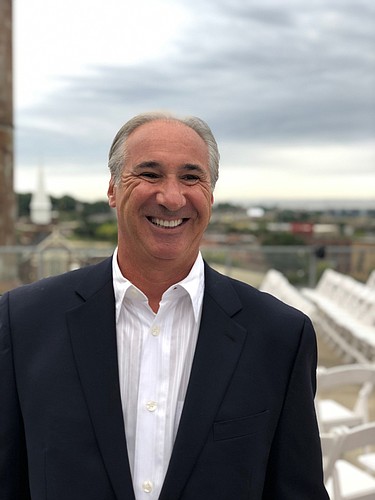- December 15, 2025
-
-
Loading

Loading

Paul Karon, who served for 10 years as CEO of Benfield Inc. — a major reinsurance and risk management firm acquired by Aon in 2008 — sees a silver lining for the insurance industry amid a looming financial catastrophe.
'Insurance companies would really have to step up because they’d be paying way more claims.' Paul Karon, retired insurance industry executive